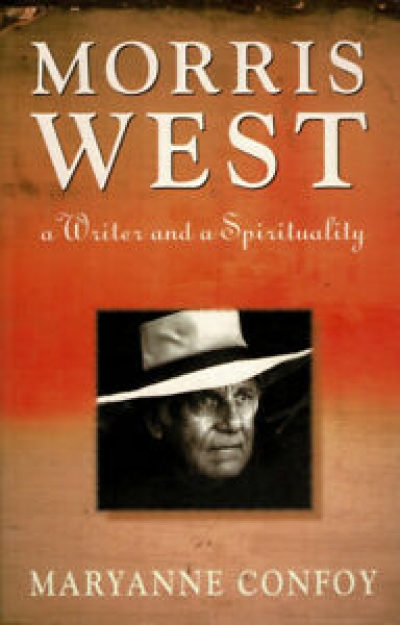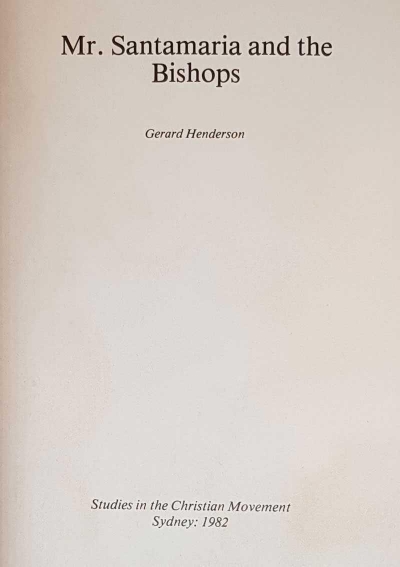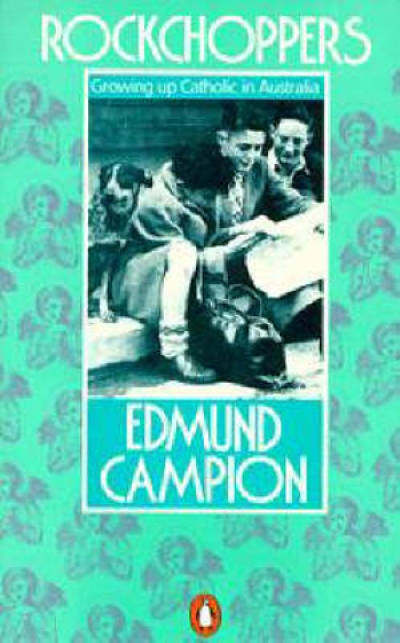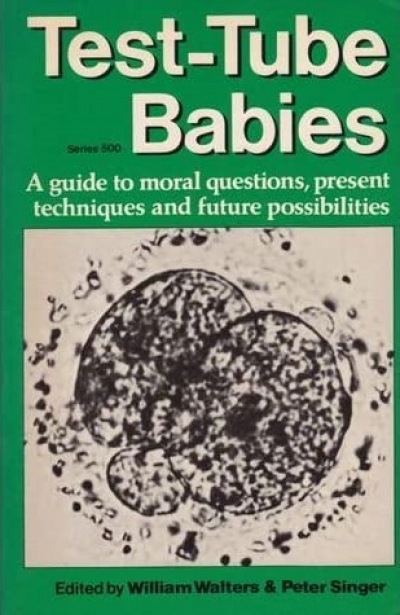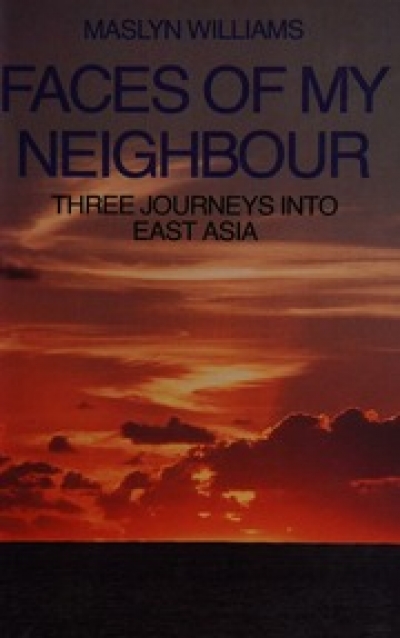Religion
Morris West: A writer and a spirituality by Maryanne Confoy
I was supercilious towards Italy and Italians before seeing Italian films and reading Curzio Malaparte’s novels. Malaparte foiled the superciliousness while the films’ backgrounds, something as simple as sunlight in the squares, intrigued. Previously France had provided an alternative to Anglo-Saxon culture. An Irish heritage set me askew to Anglo-Saxondom, but it did not give me another language as English had supplanted Gaelic. In any case, Ireland was the past and a somewhat mythic past at that. My parents were attached to Ireland but even their parents had been born in Australia. Indeed there had been no direct contact with Ireland since the mid-nineteenth century; it was the past you could not reach but only romanticise. Being of Irish origin meant being Catholic outside the Anglo-Protestant Pale.
... (read more)
